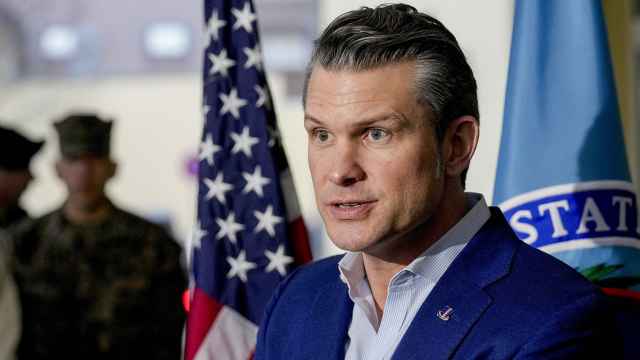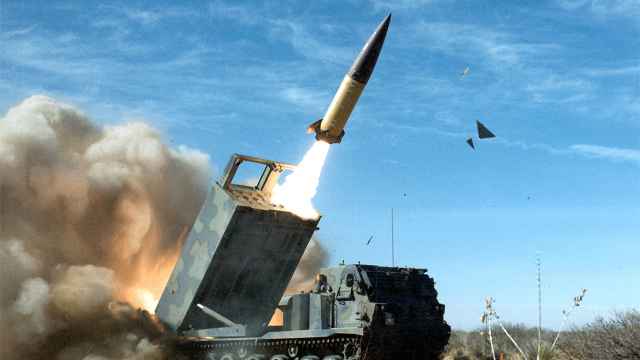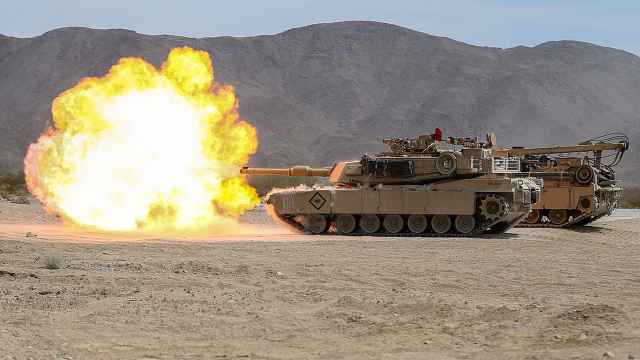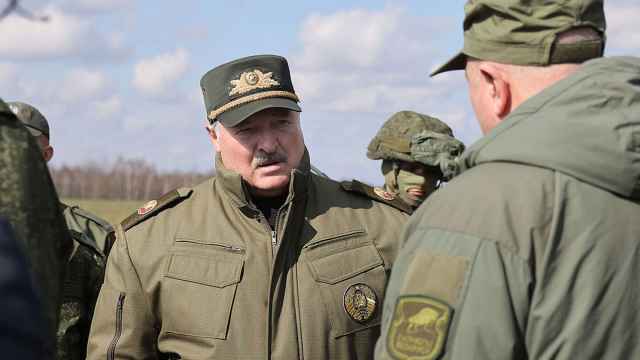High-ranking U.S. and Russian officials met in Saudi Arabia on Tuesday to discuss possible solutions to end the war in Ukraine and bilateral relations as well as a potential summit between U.S. President Donald Trump and Russian President Vladimir Putin.
Notably absent from the talks were any officials from Ukraine.
Here’s an overview of who was seated at the negotiating table in Riyadh:
Russian delegation
Foreign Minister Sergei Lavrov
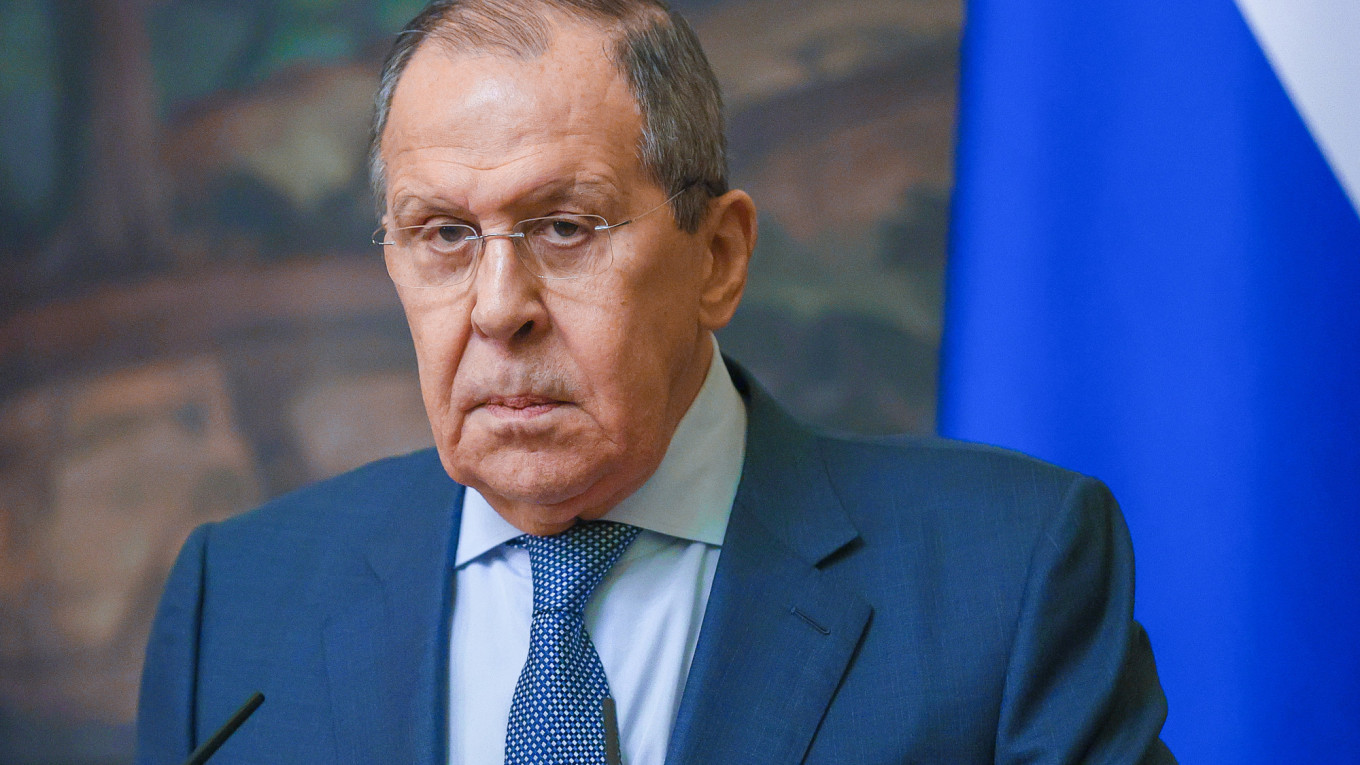
Lavrov, Russia’s foreign minister since 2004 who has been called the “frowning face of Russian diplomacy,” is now dealing with his fifth U.S. presidential administration.
The 74-year-old is rumored to have tried to retire numerous times but to no avail.
According to the Financial Times, Lavrov, like many top officials, was reportedly not even informed of Russia’s full-scale invasion of Ukraine until 1 a.m. on Feb. 24, 2022.
On Monday, Lavrov ruled out territorial concessions to Ukraine, saying that concessions were made to Ukraine during the Soviet era, when it was given territories “that had been developed by Russian people for centuries.”
Lavrov also said he saw no point in having Europe at the negotiating table. “I don't know what they [European officials] would do at the negotiating table... if they are going to sit at the negotiating table with the aim of continuing war, then why invite them there?”
In December 2024, Lavrov claimed that Moscow would oppose the deployment of Western peacekeeping forces to Ukraine as part of any settlement to end the nearly three-year conflict.
Yury Ushakov
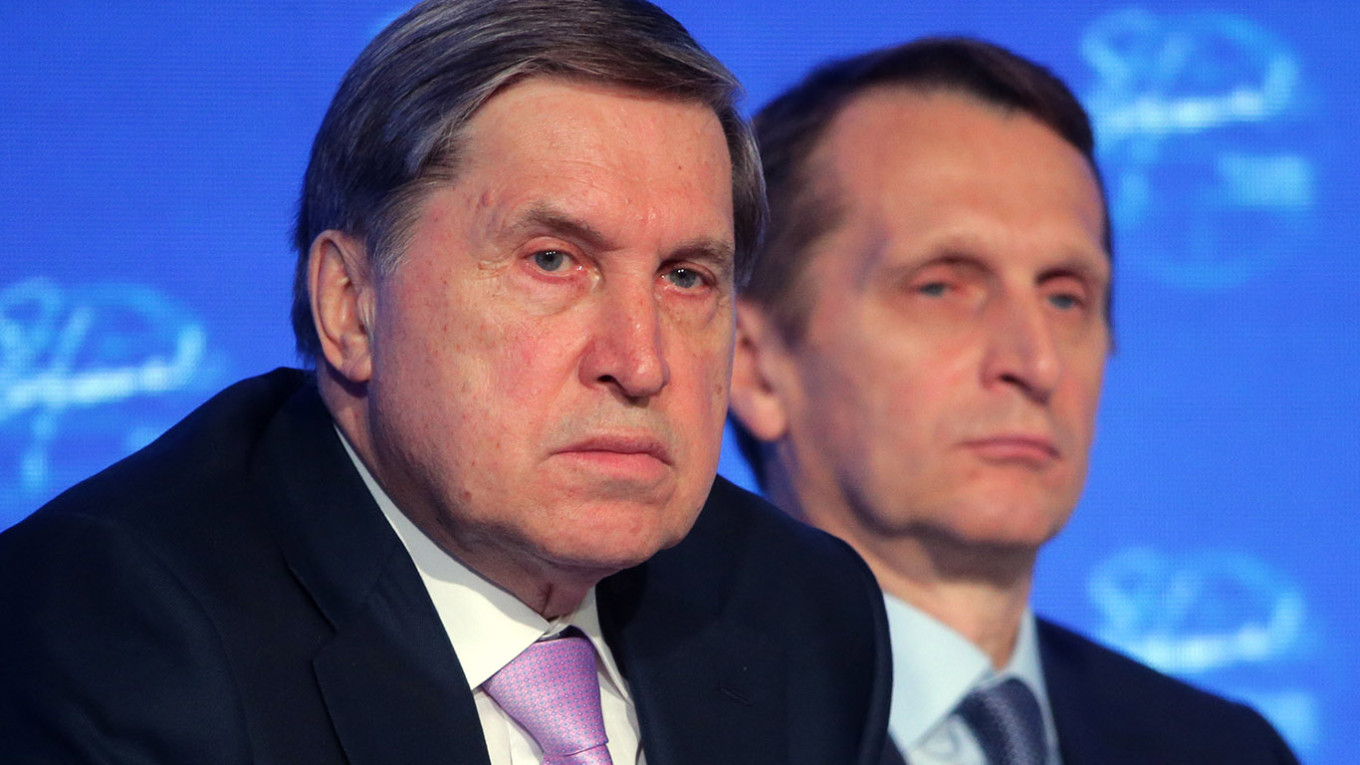
Ushakov has been a foreign policy aide to Putin since 2012. He previously served as Russia's ambassador to the Organization for Security and Cooperation in Europe (OSCE), the Russian ambassador to the U.S. and deputy chief of the government staff.
Ushakov has been involved in Russian foreign policy across the globe, commenting on and attending meetings related to BRICS, Ukraine, East Asia, the Caucasus, the Middle East, Africa and Europe.
In February 2022, he called U.S. warnings about an imminent Russian invasion of Ukraine “hysteria,” and that the situation had “reached the point of absurdity.”
Following Ukraine’s August 2024 Kursk incursion, Ushakov said that peace talks would not be possible, but didn’t completely rule them out. “No, they [the proposals] have not been canceled. But at this point, of course, it would be completely inappropriate to enter into any kind of negotiation process,” said Ushakov.
On Monday, Ushakov called the mood towards the talks in Riyadh “businesslike.”
Kirill Dmitriev
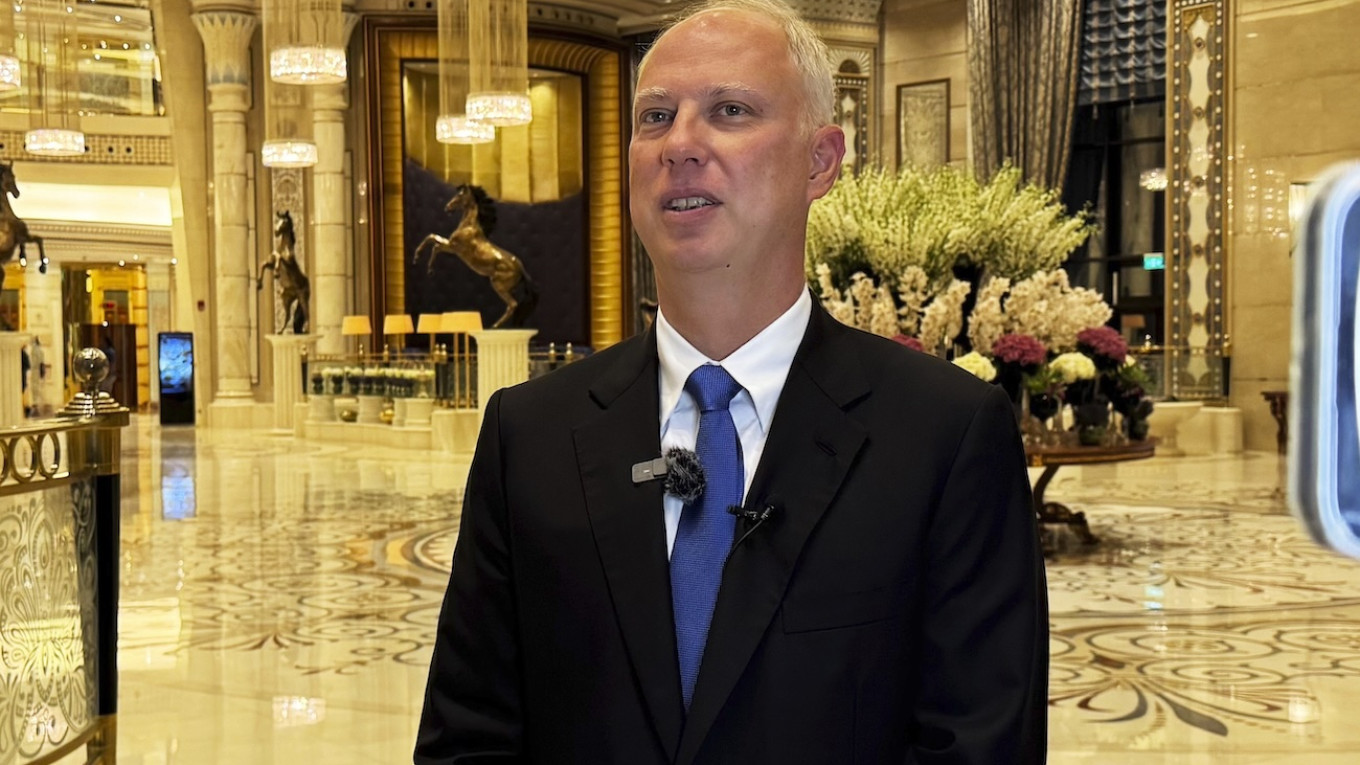
Dmitriev has served as the CEO of the Russian Direct Investment Fund (RDIF), Russia’s sovereign wealth fund, since 2011.
The Kyiv-born graduate of Stanford and Harvard worked for both Goldman Sachs and McKinsey after graduation. Investigative outlet IStories reported that Dmitriev returned to Russia in 2000 to work as deputy general director at IBS, then as investment director at Delta Private Equity, a division of the U.S.-Russia Investment Fund created under Bill Clinton.
When asked in 2012 if he often compared Russia and Ukraine, Dmitriev said: “The democratic idea in Ukraine has been largely discredited precisely because of the Orange Revolution, because Orange Democracy is associated there with chaos and increased corruption.”
Dmitriev’s wife, Natalia Popova, is a close friend and university classmate of Katerina Tikhonova, Putin’s alleged daughter. Popova is Tikhonova’s deputy at the Innopraktika technology foundation.
Dmitriev may be best known for the RDIF-bankrolled Covid-19 vaccine Sputnik V. According to the independent news outlet Meduza, Dmitriev was one of the first people to test the vaccine on himself. He reportedly suggested the name Sputnik V and also obtained exclusive export rights for RDIF.
According to Reuters, Dmitriev took part in the negotiations for last week’s U.S.-Russia prisoner exchange along with Saudi Crown Prince Mohammed bin Salman (MBS). A source told Meduza that Dmitriev’s role was not that of a negotiator, but “simply to facilitate contact.”
Dmitriev was found to have met with Trump donor and Blackwater PMC founder Erik Prince in January 2017 to establish a link between Trump’s presidential transition team and Moscow. That same month, Dmitriev met with Trump advisor Anthony Scaramucci at the World Economic Forum in Davos.
Vladimir Proskuryakov and Dmitry Balakin
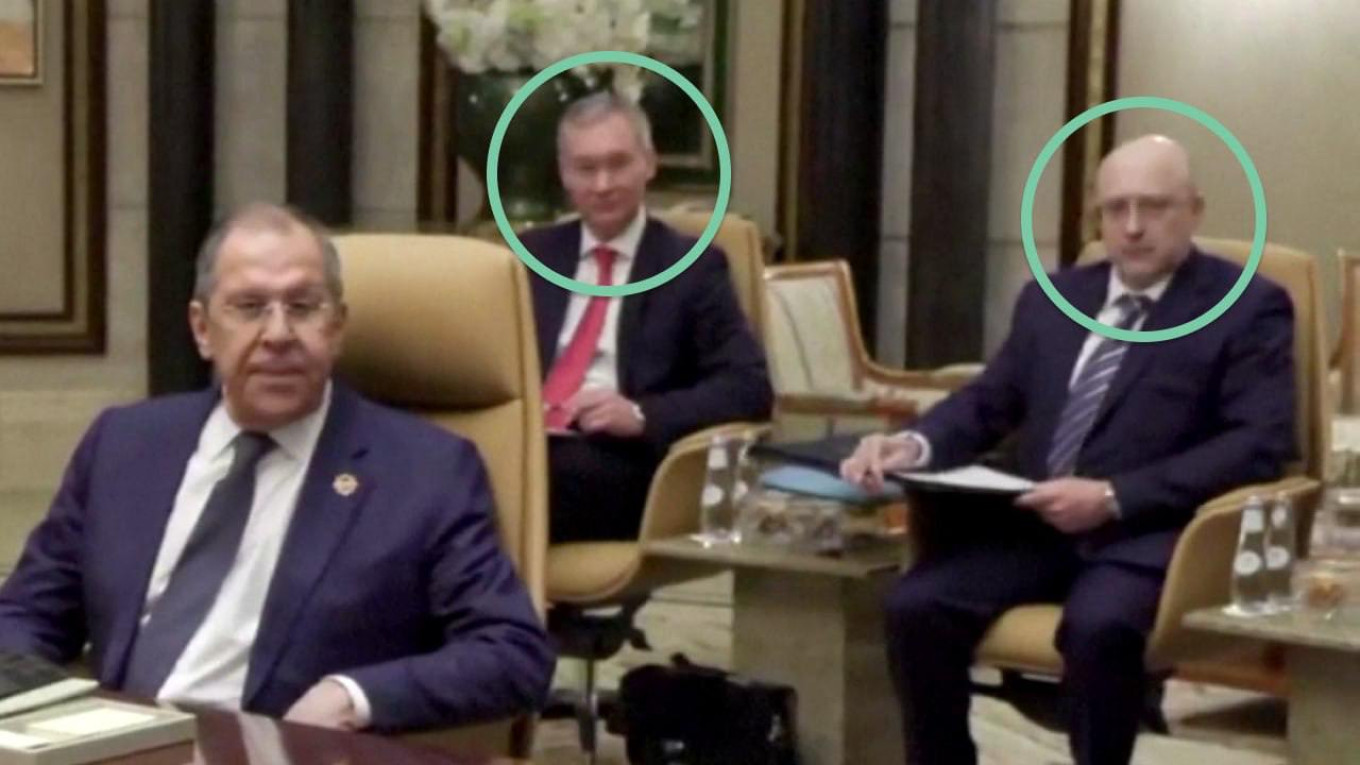
Investigative outlet Sistema, a joint project between Radio Liberty and Current Time, identified two other men on the Russian side of the table as Vladimir Proskuryakov and Dmitry Balakin.
Proskuryakov works in the Russian Embassy in Canada and specializes in Arctic affairs. The outlet notes that he took part in a St. Petersburg State University conference on issues in the region.
Balakin works as deputy director of the Foreign Ministry's department for pan-European cooperation.
U.S. delegation
Secretary of State Marco Rubio
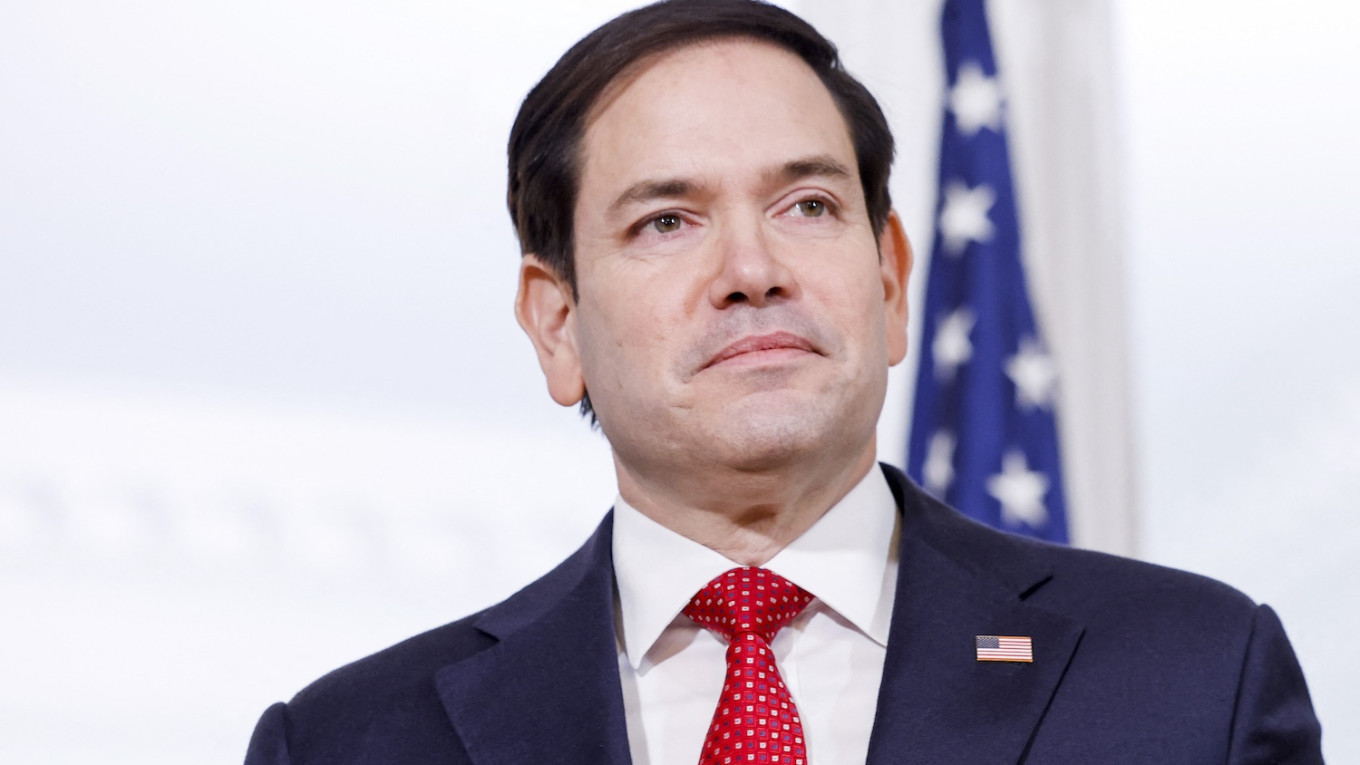
Rubio, a former U.S. senator from Florida, hailed a new era in U.S. foreign policy that departed from “idealistic fantasies” and was instead based on core U.S. interests following Trump’s election victory in November.
He has praised Ukraine for standing up to Russia, but said the U.S. is funding a deadly “stalemate war” that requires a “common sense” approach that needs to be “brought to a conclusion.”
“We’re lying to people when we tell them you’re going to be able to go to Congress and get $60 billion every 10 months. That’s just not realistic,” he said in an interview.
He said this month that he expects to reach a deal for Ukraine's mineral wealth that will in part compensate the U.S. for money that went to weapons to defend against Russia and that the U.S. has a "stake in Ukraine's long-term independence."
Steve Witkoff
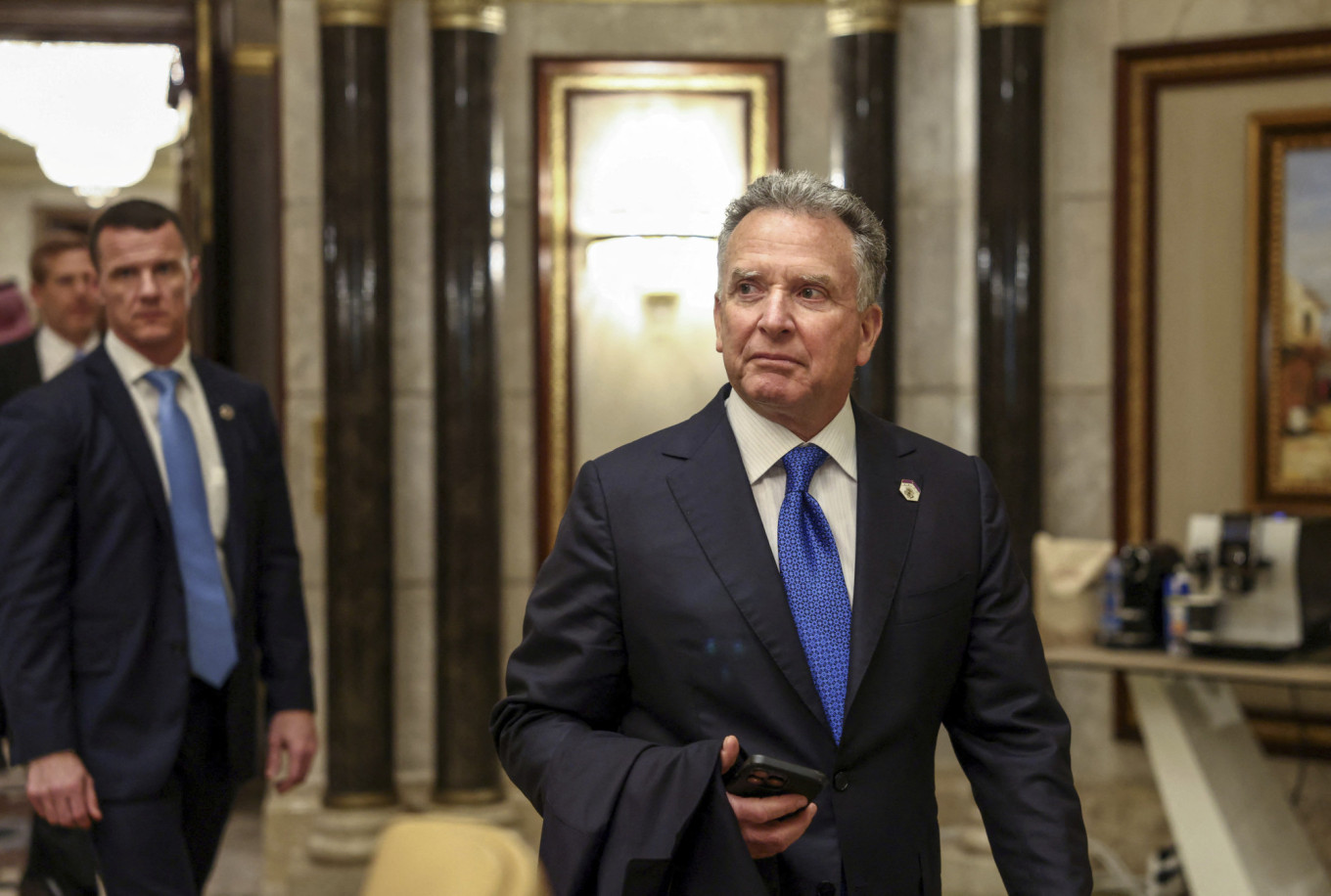
A commercial real estate tycoon and golf partner of Trump’s, Witkoff has taken a prominent role in the administration’s efforts to end the war in Ukraine despite being Trump’s envoy to the Middle East.
Witkoff is the founder and chairman of his namesake business, a commercial real estate development company with a portfolio of luxury hotels, residential properties and commercial buildings, mostly in Manhattan but also in Los Angeles and Miami.
He was a major fundraiser for Trump’s re-election campaign, including from Jewish voters after the Biden administration paused the shipping of bombs to Israel.
In December, Witkoff visited Saudi Arabia and met MBS — the first meeting between the Saudi crown prince and a member of Trump’s administration — to discuss a mega-deal between the U.S. and Saudi Arabia and a peace agreement with Israel.
Witkoff has also been involved in negotiating the ceasefire between Israel and Hamas. In January, he visited Gaza, a rare visit by a senior U.S. official, and met with Prime Minister Benjamin Netanyahu of Israel and Hussein al-Sheikh, the secretary general of the Palestine Liberation Organization.
He was heavily involved in a prisoner exchange deal last week that paved the way for the Feb. 12 call between Trump and Putin. He flew to Moscow and returned with imprisoned U.S. teacher Marc Fogel, becoming the first known senior Trump administration official to fly to Russia. Fogel commented on Witkoff’s energy and can-do attitude as he thanked the people involved in securing his release.
Mike Waltz
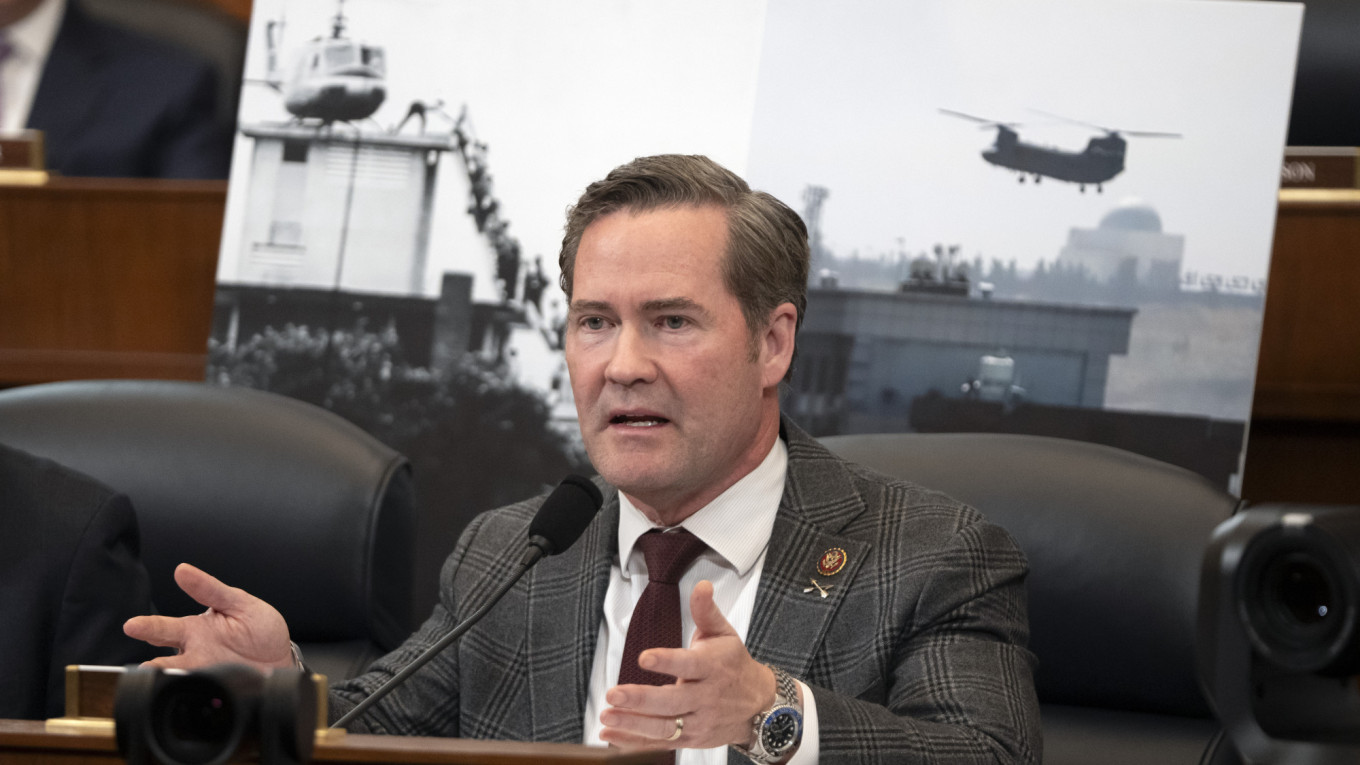
Trump’s national security advisor has backed military support for Ukraine but more recently called for ending the war through diplomacy.
The first Army Green Beret elected to the U.S. Congress, Waltz was also a defense policy director to Donald Rumsfeld and Robert Gates and advised President George W. Bush on military policy.
Just after Russia invaded Ukraine in 2022, Waltz backed military aid for Kyiv and the restoration of its pre-2014 borders. He called for allowing Ukraine to make offensive strikes on Russia using U.S. weapons. He also backed a World War II-era lend-lease program to help Ukraine, secondary sanctions on China for assisting Russia and removing Russia from the UN Security Council.
By September 2023, Waltz said the era of “blank checks” for Ukraine was over and called for Europe to contribute more to its security. He also criticized the Biden administration for not clarifying the U.S. objective in Ukraine.
In a Nov. 2 opinion piece in The Economist, Waltz stressed the need to end the war and abandon Biden’s strategy of supporting Ukraine “as long as it takes.” Instead, he said, the U.S. should focus on China.
Waltz has said that the U.S. has leverage on both sides of the Ukraine-Russia conflict, with enforcing energy sanctions and increasing weapons supplies to Kyiv with fewer restrictions named as mechanisms to pressure Russia.
A Message from The Moscow Times:
Dear readers,
We are facing unprecedented challenges. Russia's Prosecutor General's Office has designated The Moscow Times as an "undesirable" organization, criminalizing our work and putting our staff at risk of prosecution. This follows our earlier unjust labeling as a "foreign agent."
These actions are direct attempts to silence independent journalism in Russia. The authorities claim our work "discredits the decisions of the Russian leadership." We see things differently: we strive to provide accurate, unbiased reporting on Russia.
We, the journalists of The Moscow Times, refuse to be silenced. But to continue our work, we need your help.
Your support, no matter how small, makes a world of difference. If you can, please support us monthly starting from just $2. It's quick to set up, and every contribution makes a significant impact.
By supporting The Moscow Times, you're defending open, independent journalism in the face of repression. Thank you for standing with us.
Remind me later.





